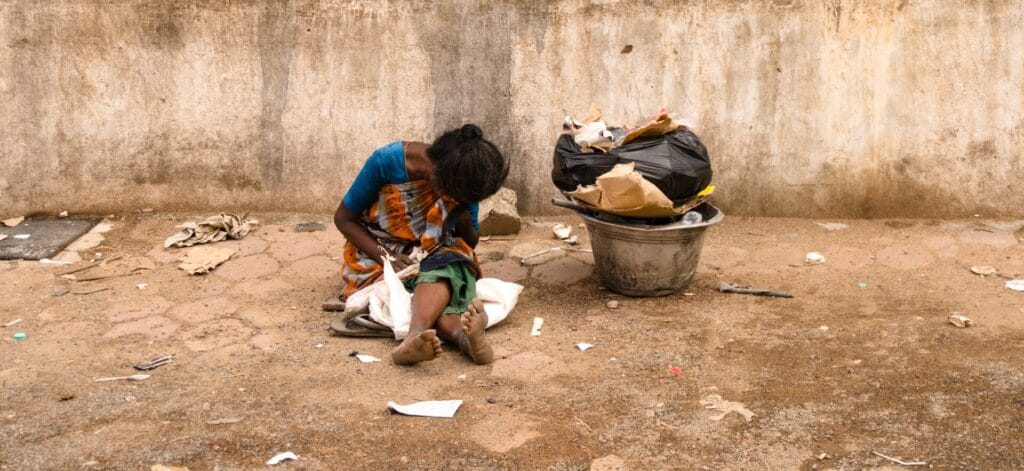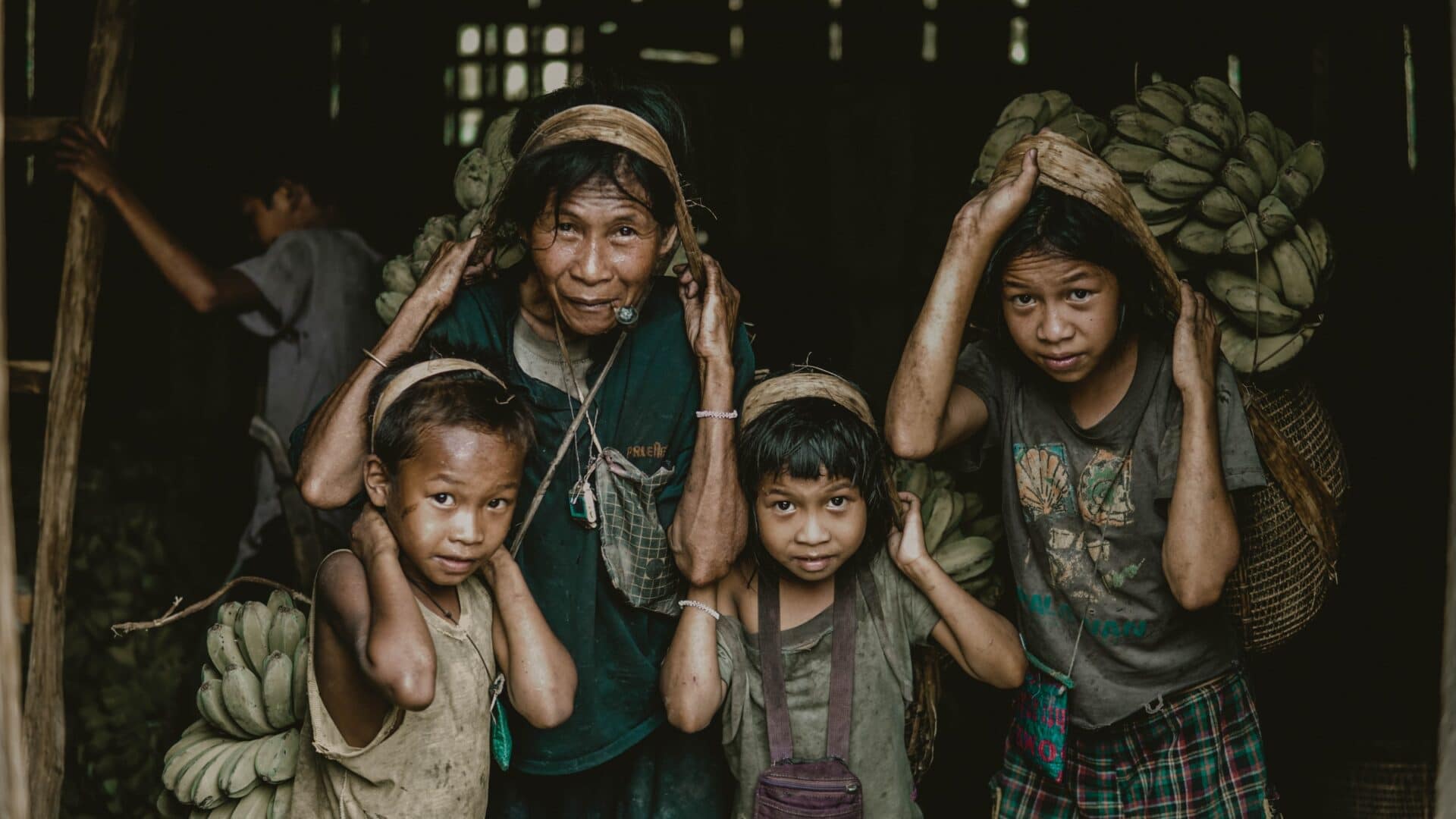Unite to Defeat Socio-economic Inequalities
Socio-economic inequalities are a harsh reality that has only increased over the past three decades. Several institutions such as the UN and the World Bank are spearheading numerous initiatives to tackle this growing problem. Similarly, we are organizing the next ‘Horasis Extraordinary Meeting’, to be held on 1 October 2020. This virtual event aims to unite, inspire, and create. The event will see participation from governments, businesses, academia, multilaterals, the third sector and the media. The purpose is to come together to develop a working framework to help communities overcome the profound economic and social disruptions caused by COVID-19.
The struggle to make ends meet for a majority of the society has now been further exacerbated due to the pandemic. We all now stare at an uncertain future. What is certain is that the pandemic will have huge impacts, which may play out for a long time. The resultant state of affairs will not be good, unless we act strongly and urgently.
Inequalities
Socio-economic inequalities come in different forms, but all point to a system with wide disparities between the powerful and richer few and the weaker and poorer many of the society.
Income inequality is one of the most evident disparity. A large gap can be seen where a high concentration of income is usurped by a small percentage of the population. In 2018, 0.1 percent of the rich in U.S. took home earnings which was 196 times more than the earnings of the bottom 90 percent of the population.
Unequal access to education is another measuring factor that clearly showcases the division between the privileged and the not so privileged of the society. Uninterrupted access to regular classes, better curriculum and trained teachers are privileges that for some is ‘always available’ due to their social stature and at times gender. And given the current crisis, UNESCO estimates that approximately 1.1 billion learners now remain out of school due to COVID-19 imposed lockdowns.
Income inequality also leaves the poorer of the society vulnerable to inadequate healthcare. Nations with a high level of inequality have been found to have shorter life expectancy, higher heart failure and infant mortality rates.
Unequal access to healthcare and education disables the most affected by limiting their ability to land a high-paying job. This further impacts their income level, which again becomes a precondition to better education and health services. It is difficult, albeit impossible for most to emerge out of this vicious cycle. This can now be witnessed even more due to the pandemic.
Gender remains the key theme that plays out in all the socio-economic inequalities. Women remain more exposed to gender biases in schools and workplaces. Some societies limit access to higher education and at times much needed healthcare for the fairer sex.
Such disparities in equal access and right for every individual has given rise to social unrest seen in many countries and societies. The emotion of ‘not being heard’ or ‘being left out’ has been further fueled by the COVID-19 outbreak. The pandemic now stands to further widen the gap between the haves and the have-nots.

What is Needed?
Empathy and conscious effort is needed to build a world that is more equal. Governments must lead, but alone they cannot achieve the desired result. They will need active support from businesses to drive a social change. Private players stand to play a vital role. Other than the obvious capital support, private participation also brings on board enhanced working processes and increased technical knowhow for governments to leverage on.
Businesses should also understand that it is in their best interests to address social inequalities. It has been established through many studies that such social gaps are a drag on economic growth. Addressing gender disparity in workplaces has also been proven to greatly improve a company’s financial performance over time. Ensuring that children remain in school and continue to study has also resulted in income stability and stronger human capital.
Efforts are underway. The government of Philippines, for instance, initiated a conditional cash transfer program that provided cash grants to eligible households, enabling increased school enrolment, healthy children and a chance for marginalized households to emerge out of poverty. Similarly, from an organizational side, to ensure there is an unbiased system in determining pay packages, Google ensures that during the hiring process employees are offered remuneration based on their specific position and work rather than their last drawn salary.
Working Together
Such initiatives do make a difference, but is not enough to address inequality that has been plaguing society since ages. The scale of the challenge is massive and will need all the support – governments, businesses and individuals to resolve it.
Through the Extraordinary Meeting, Horasis is providing a platform for thought leaders to come together, understand the social inequalities plaguing us, and share their views on how we can work together to help bring about a social change.
Alone we don’t stand a chance, but together we can make a difference.
Photo Caption: A family in Sitio Linyama, Bongabong, Oriental Mindoro, the Philippines arrives at the place where they dump all the bananas they have collected from the mountains. They sell these for P20.00 ($0.40) per bundle of bananas. They will use the money to buy rice to feed their stomachs for the day. The disparity between the haves and the have-nots continues to rise in the world. Photo by Zeyn Afuang on Unsplash.



